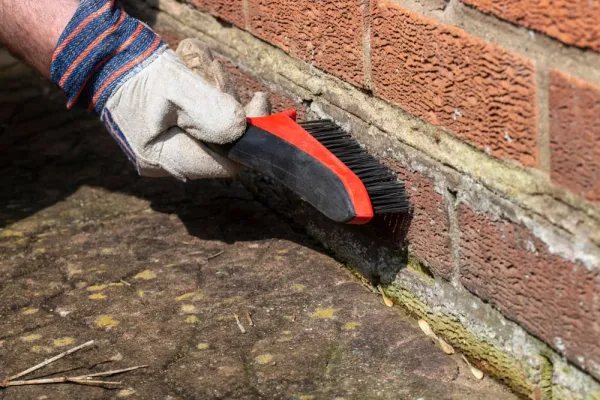Selling your house with a mortgage can be confusing if you’ve never done it before.
What’s the process involved?
And what things should you consider before doing it?
We’ve got the answers below.
Can you sell a house with a mortgage?
Yes, you can. In fact, it is common and is likely the main way people move house.
It isn’t totally straightforward though.
You will have two options:
What happens when you sell a house with a mortgage?
You typically have two options:
- Clear the mortgage balance through the sale of your house
- ‘Port’ it to a new property.
Deciding what to do is down to you. Circumstances may favour one over the other. You could also speak to an expert for guidance.
The lender may also have specific terms about porting a mortgage. This could mean that a lender who previously approved you, now refuses to do so.
Porting a mortgage
Porting a mortgage involves transferring your existing mortgage to a new property. This allows you to keep the same interest rates, value and terms.
In simple terms, the sale of your property clears the outstanding mortgage and starts the same mortgage again on the new property.
But if the property is worth more than the mortgage value, you may have to consider taking out an additional loan.
Porting a mortgage is popular among homeowners that managed to get attractive rates of interest when getting their original loan.
A new mortgage can see higher rates or different terms, costing more overall.
Is it better to port a mortgage or pay it off?
This depends on your current situation. If your current rate is working in your favour, and is better than others on the market, then port it.
If paying your mortgage off early would incur penalty charges, porting may also be worthwhile as it will save you money. Speak to an expert for guidance tailored to your situation.
How will your mortgage get paid when you sell your house?
Once your house is sold, the money from the sale goes towards paying off the original mortgage, with any left-over funds being made available for you to put towards the new property.
This is all handled by your solicitor, so you’ll never actually see the cash. This is unless you are in the position where you are able to sell, buy a new house, pay for it outright and have cash left over.
The process for selling a house with a mortgage
If you do decide to sell, then there are a few things to take into consideration before putting your house up for sale.
Work out how much is left to pay. When selling the house, the lender will want to make sure that the mortgage is repaid.
A free online house valuation (such as a desktop valuation) enables you to get an idea of whether the sale will cover any outstanding mortgage. If it doesn’t, consult your lender.
If the valuation allows you to sell and have the mortgage covered, move onto the steps of selling through a trusted estate agent.
If the sale cannot cover the mortgage, you are in mortgage shortfall. This could result in legal action being taken against you, especially if you buy another property.
Things to consider when selling your house with a mortgage
There are a few factors you need to consider. They could all have a determining factor in whether you should sell. Sometimes, it really is better off waiting.
Other times, a quick house sale may be more beneficial.
Avoid falling into negative equity
If you are paying off the mortgage in full and not buying another house, the sale price must be higher than the amount left on the mortgage.
If you do not sell for a value that covers the mortgage, you will need to continue making mortgage payments until it’s cleared.
Ongoing payments up until exchange of contracts
You will remain fully responsible for all payments on the house until a sale is completed.
Claiming benefits
If you have recently lost your job or have had a severe drop in income, the lump sum that comes through from your property sale, could impact your opportunity to claim any benefits.
How long after getting a mortgage can you sell?
There is often mention of the 6-month rule.
While it isn’t the same for all mortgage lenders, many, if not most, operate in this way. This means you must be living in the house for at least 6 months until you can sell.
The reason for this is to do with the rules around lending. Most of the lenders will not allow new loans to be granted on property registered with the land registry for less than 6 months.
This rule aside, you would also have to weigh up how much you want to sell. If the factors determining it are based on work, childcare, or health then you shouldn’t let anything get in your way.
But if you just fancy a different house, be aware, prospective buyers may be put off by the fact you wish to move so fast.
















